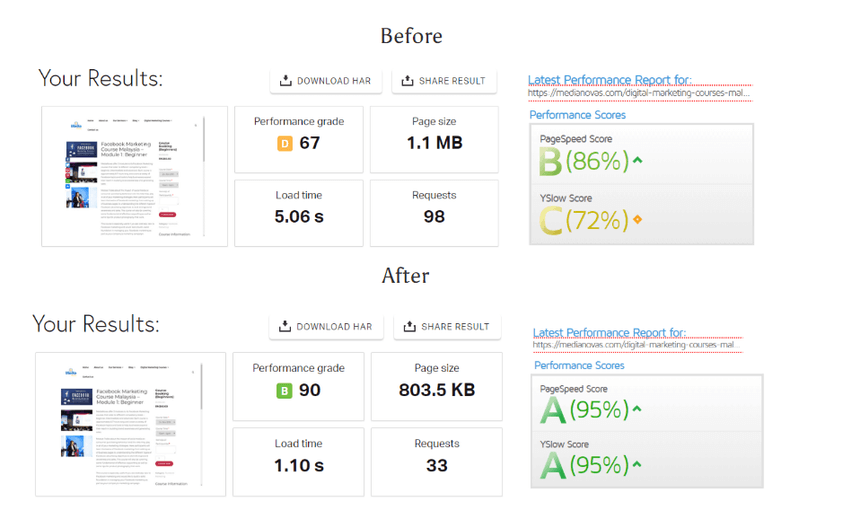Even if you are not a Facebook marketing specialist or an advertiser, you could identify the presence of the so called “fbclid” in URLs coming from Facebook posts or ads.
If you have an eCommerce website or an online store and you use Facebook Ads to attract new clients, the fbclid parameter might appear in your URLs already.
Facebook has started adding a fbclid query parameter to almost every outbound link. This is a unique string of unknown meaning that is most likely used for tracking.
But still, there are some ways to pass around the fbclid parameter and to prohibit information which the advertisers receive. Likewise, you might want to know how the fbclid parameter is affecting your website sales if it really does. Just keep reading to find the answer and some notable details linked to the fbclid parameter.
The new Pixel implementation – fbclid parameter
A few days agoit happened and it was so unexpected. “Hey, the link to your Facebook article leads to a 404 page.” Short confusion and some wondering what’s broken. The snippet had pulled Facebook all good, the preview image was correct and on our website itself everything was ok. So what happened?
What quickly becomes clear with a simple mouse-over: the link has been supplemented with own Facebook parameters. Our research left a lot to be desired. A handful of articles on the subject in different languages, but without an echo from Facebook.
Facebook itself is silent. It seems, however, that most of the outgoing links from Facebook are suited with an fbclid parameter.
Why are they doing that? We – and other people suspect, that Facebook has introduced its own system of browser tracking cookies in addition to the Facebook Pixel. The reason could be that these cookies, if they come from third-party providers, are increasingly blocked mostly by ad blockers.
How to get over the fbclid dominance
The first option is to remove the fbclid parameter from the URL address and enter it again in the search address bar of your browser.
You could also forget about clicking the link which contains the fbclid parameter and right-click the main part of the link without the fbclid.
And the most common decision is to install an ad blocker and never see an ad again.
What about the website sales and traffic

Probably you are working with Google Analytics and you are analyzing a lot of daily or weekly metrics. Some users have already reported that the fbclid string is probably causing less average session duration, fewer pages per session and jump in bounce rate.
But why is that happening?
The caching plugin of a website won’t cache those new URLs and thus your web pages might become unoptimized. Generally, this will lower the page speed and will make them load slower than before.
Therefore, if you are not well aware of the fbclid parameter in your URLs, it might pass some time during which you might suffer losses and look out for the reason elsewhere.
When a user comes through your website, he is expecting to load faster, be responsive and easier to browse. Most of the people hate scrolling down a lot and to wait for some web page to load more than 5 seconds.
Actually, some online research suggests that 45% of your website visitors are expecting a website to load in less than 2 seconds.
Furthermore, if they decide to leave because of the slow page speed, you will lose the opportunity to close the deal, make a remarketing or retargeting campaign and totally decrease the conversion rate.
Fortunately, Facebook gives the users some freedom to choose between first party and third party cookies. This means that Facebook is going to let the advertisers use their own cookies and collect important information about the visitors.
Since the GDPR regulations have come into force, this type of choice gives more control over the data that a website collects. Therefore, the website’s owner will be more present with the data and will make better decisions on how it’s been used.
As we already know, the Facebook Pixel is powered by a third-party cookies, but a lot of the information coming from them has been lost.
With implementation of this new first party cookies, the advertisers and publishers will gain more control over the traffic and their website experience which could let them make better strategies and increase their profit.